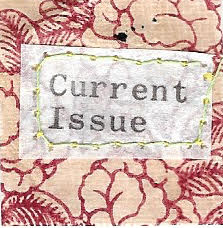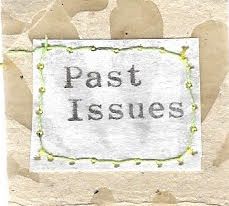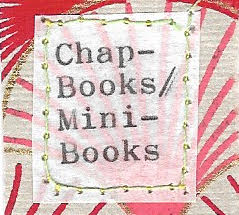Hannah VanderHart
Syllables like Leaves or a Small Treatise on Fate
The trees in the park remind the runner of haiku: their thin grey
branches broken into yellow leaves like syllables: five here and seven
there. She notices someone has cut down roses and put them in a
bin:
one pink bud shakes its head out. A November rose. At home, the
runner’s children argue over the state of fall. “Fall has passed,” says
the youngest. “It will be fall for a long time,” says the oldest. They
look
up the first day of winter: December 21st, as usual. The relatives will
drive in town for Thanksgiving next week. That’s why the floors are
cleaned, why she is running in the park, around the boulevard
with the haiku trees. There is no reason for the trees: for them being
there, for her noticing. She does not believe in fate, despite having
used the word at a party last week, and her friend loudly protesting
that she does not believe in fate. Too close to faith, she thought later.
At the time, she laughed and said she used a word without believing
it. This seemed damning, but everyone was drinking wine and no one
seemed to notice. The leaves—lemon yellow, large as bread and
butter plates. Seven. Another five.





